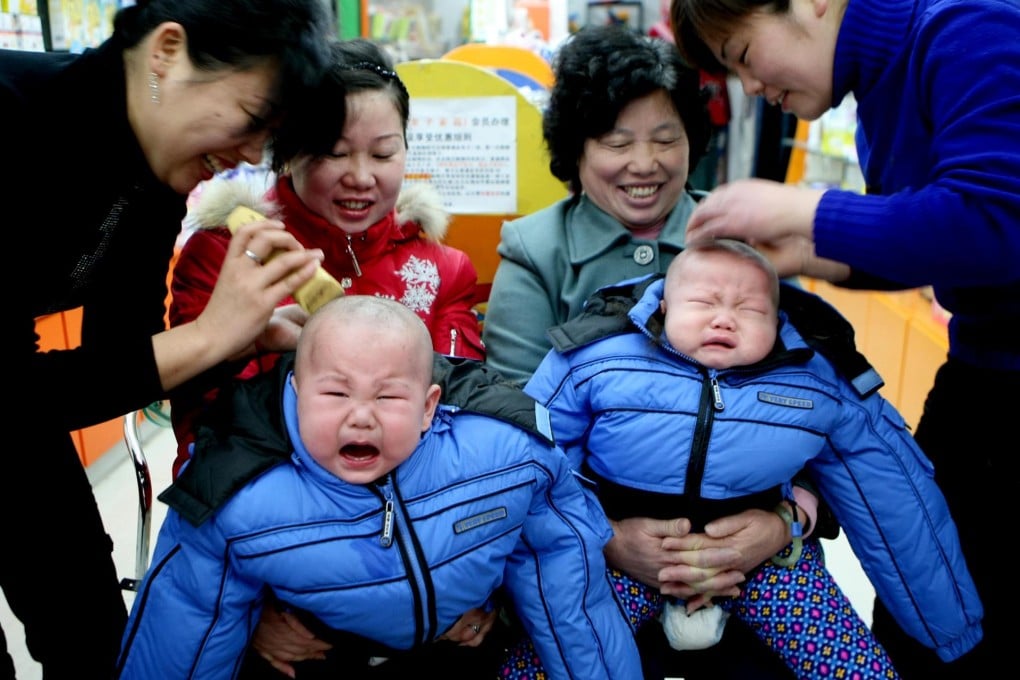Why shaving your baby's head will not promote hair growth
In many Asian cultures, it is believed that shaving a baby's first head of hair helps to promote hair growth. But there is simply no evidence to suggest that this practice is helpful at all.

No
In many Asian cultures, it is believed that shaving a baby's first head of hair helps to promote hair growth. It is not uncommon to see month-old babies whose heads have been entirely shaved, in the hope that their locks grow back thicker, fuller, and healthier. But there is simply no evidence to suggest that this practice is helpful at all.
We are all born with a specific number of hair follicles on our head. These follicles are basically sacs from which the hair grows. The follicles determine how much hair we will have throughout our lifetime, as well as dictating the texture and type of hair: fine, medium, coarse, straight, wavy or curly.
According to Leonica Kei, director and senior trichologist at Philip Kingsley Trichological Centre in Singapore, the number of hair follicles we have is genetically predisposed and therefore cannot be changed.
"Many babies are born with hair that is barely noticeable. This is called vellus hair," says Kei. "Vellus hair starts off short, fine and poorly pigmented, but between three and seven months after birth, this hair changes, and by the time the child is two years old, all his vellus hair will have been replaced by mature, thick, and terminal hair."